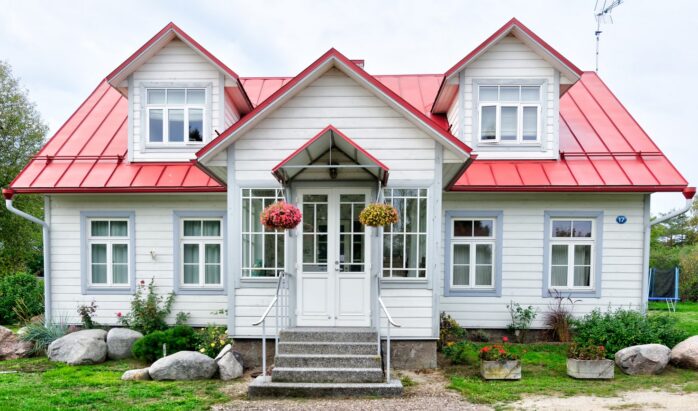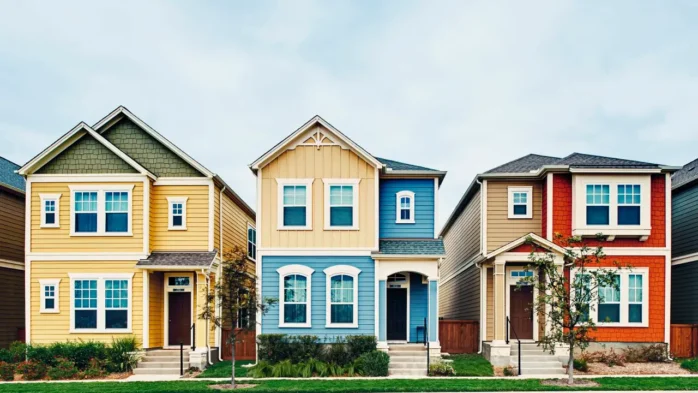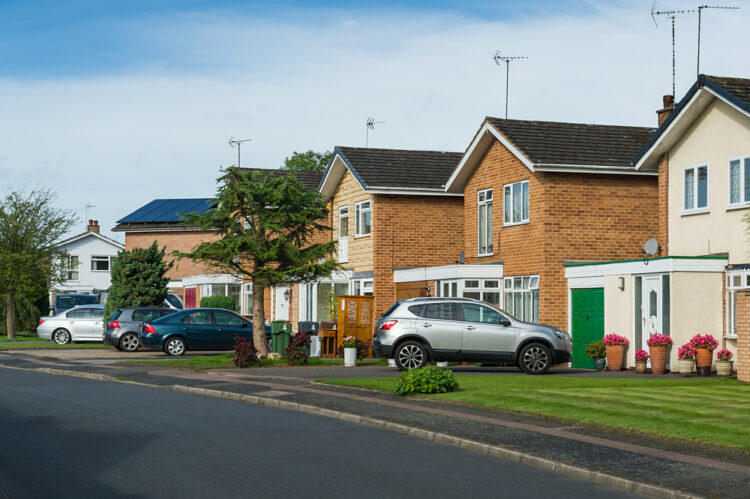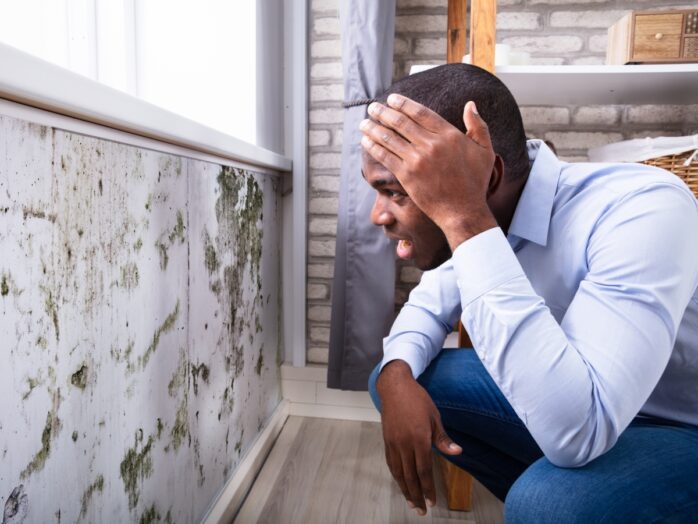
Buying your first house is one of the most important and stressful events in your life. It takes ages to find the perfect house, especially if you have a family. Despite the rising prices, the number of households in the US is constantly increasing due to the pandemic, making people more interested in buying a property.
Many factors are to be considered when purchasing the first house, like location, price, benefits and mortgage. It might get complicated if you don’t meet the requirements for a loan from the beginning, and you could get discouraged. But you should keep trying until you find the most suitable place for you or your family. Therefore, if you’re planning on buying your first house, here’s what you need to consider to make the most out of it.
House types

Not any house will be suitable for your needs. Because it’s a long-term investment, you need to think ahead when deciding. Therefore, here are four house types that will suit you depending on your lifestyle:
- Condominium (or condo). An owned unit that’s part of a building complex. It’s low-maintenance, safe and affordable for a starter home (therefore for young people) although you won’t have much storage space or land ownership.
- Duplex. With two floors and separate entries, this house can be used even for two families. It provides a single kitchen and dining room, and it’s a great solution for joint families (more than two generations living together). The disadvantages here are the lack of privacy and quietness.
- Single-family home. This is the most common house type, an independent residential structure with the land. It’s the best option for families who want privacy and a big yard, although the prices are higher and it’s a big responsibility.
- Apartment. Similar to a condo, it’s cheaper, and you’re not responsible for the maintenance process, which the property manager will cover. This option is more advantageous if you’re renting it and have a fast-changing life structure. Therefore, if you’re constantly traveling and changing jobs, you might consider an apartment.
Location

Your lifestyle will influence the location, but some people might be pressured to choose financial advantages over the best area. Some houses are cheaper because they’re far away from the usual necessities, like supermarkets, pharmacies, schools, or your workplace. Transportation is also important regarding the location. Do you want to spend more time commuting or having work/school next to your house?
The best thing you can do is imagine any urgent situation that can occur. If you’re feeling sick and need consultation as quickly as possible, or if you’re coming home late from work and need a market that’s open 24/7 to do your grocery shopping, it’s best to be placed in an area where you can easily get what you need.
Another thing related to the location is the neighborhood’s safety. You should look for details like street lighting at night, clean parks, nearby fire and police stations, and low crime rates. A safe and friendly environment provides community events, high-quality schools and street security systems.
Water and mold issues

Suppose you found some pretty-looking houses and your real estate agent is helping you with house-touring you’re tempted to make a decision and get to the mortgage step, but be aware that the faster you move, the more likely you’ll omit important aspects, like:
- Electrical systems. You can ask for the help of a professional to take a look at the electrical panel and outlets. You can check some other things by yourself, like if the appliances are working or test the bathroom’s toilets, sinks, and showers.
- Plumbing. Check the water pressure and if there are any leaking or drainage problems (signs of corrosion). The water heater also needs to be verified, to make sure it isn’t too old and in need of repair.
- Mold. This fungus can be a sign of water intrusion in the walls or high humidity. It can cause health problems, besides altering the walls, sometimes becoming hazardous. There are ways to check for it, but sometimes owners cover it for a quick fix, and you can’t see it. But there’s a solution for that, you can hire a company like watermoldfire.net to check the house, professionally remove the mold and restore any water damage that caused the mold’s formation to avoid future damages.
Mortgage qualification

Now that you might’ve found potential locations, you need to consider the financial aspects. You need to be prepared to pay a monthly loan for a very long time and manage your living costs. Mortgage qualification is based on a pre-approval process in which you need to prove that you can afford that house, and that includes your:
- Assets (bank statements, cash reserves)
- Income (wage statements and tax returns from the past two years and proof of any additional income)
- Credit score (it’s best to have a score of 620 or more to have your loan approved, but they often change, so you need to consult with your lender)
- Employment documentation (because lenders want to work only with stable employees to make sure they’ll get their money in time)
- Certain documents like driver’s license, Social Security number and signature
If all these documents show that you are able to pay back the money, you’ll get the pre-approval letter which will make the mortgage process smoother and faster. After this step, you can have more loan options, and you’ll get a clear idea about the monthly mortgage payment.
Final thoughts

Owning a property is an important step toward adult life. It means being ready to invest a considerable amount of money that you could’ve used in having fun, like traveling. But having your own place to return home after a long day is the best feeling in the world. A house is a place for making memories and growing up next to your loved ones, but it’s up to you if it’s worth it.











